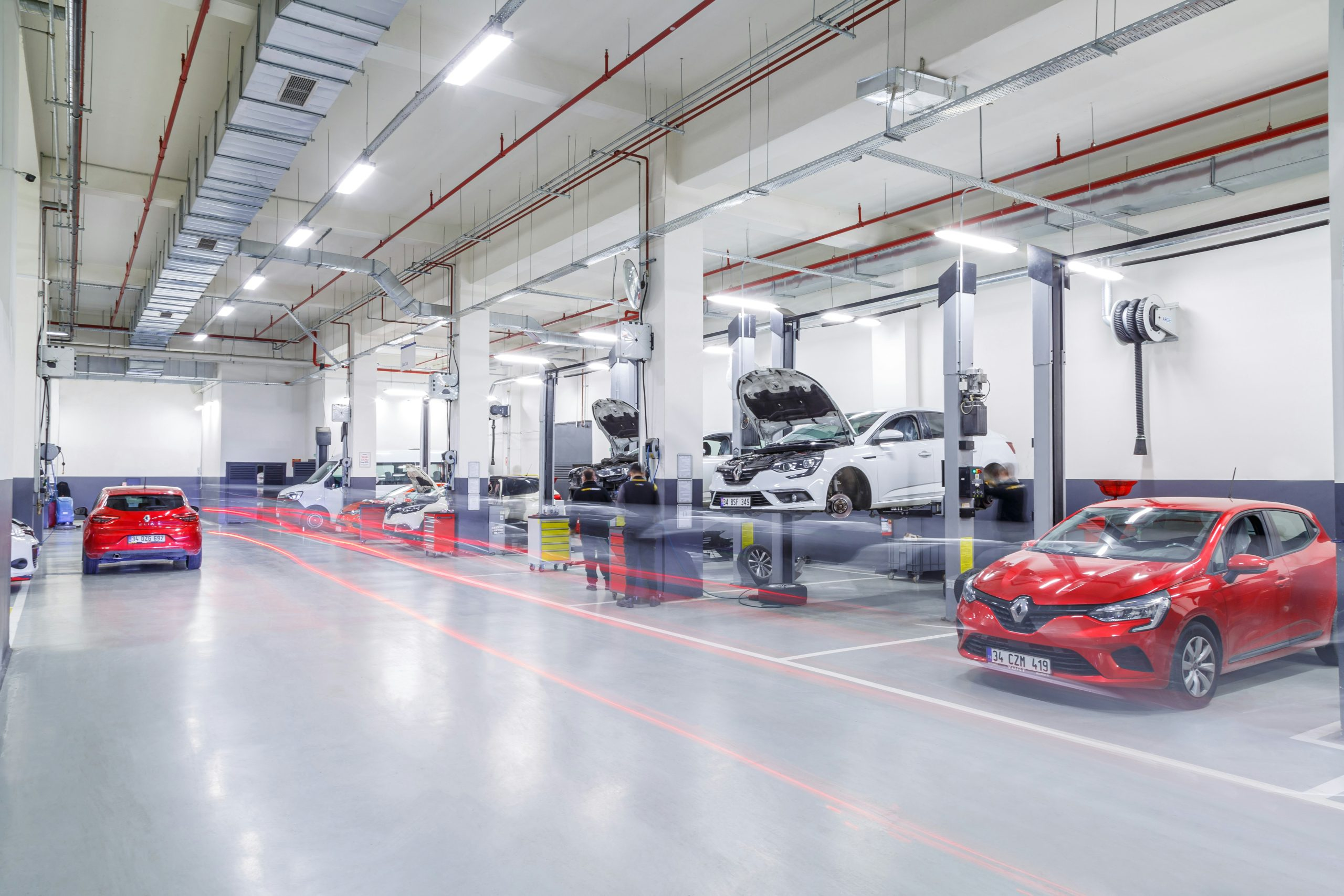Building Sustainable Vehicle Manufacturing Processes
In today’s world, the topic of sustainability is more important than ever. Industries all over the world are transitioning to more environmentally-friendly and sustainable practices in order to reduce their impact on the planet. One industry that has a significant impact on the environment is the vehicle manufacturing industry. The production of vehicles not only emits large amounts of carbon dioxide, but also consumes high levels of energy and natural resources. In order to combat these issues, vehicle manufacturers are now focusing on building sustainable vehicle manufacturing processes. These processes not only benefit the environment, but also have the potential to improve the overall efficiency and cost-effectiveness of vehicle production. In this article, we will explore the concept of sustainable vehicle manufacturing and discuss the steps companies are taking to make it a reality.
The Need for Sustainable Vehicle Manufacturing Processes
The traditional vehicle manufacturing process is known to be unsustainable. It involves using large amounts of energy and resources to produce vehicles, which results in high levels of carbon emissions. In addition to this, the disposal of old and used vehicles can also have a negative impact on the environment. This unsustainable approach to vehicle manufacturing not only harms the planet, but also puts a strain on natural resources and is not cost-effective in the long run.
It is estimated that the production of a single vehicle emits around 5.5 tonnes of carbon dioxide. With the increasing demand for vehicles all over the world, this amount is expected to rise significantly in the coming years. This makes it crucial for vehicle manufacturers to adopt more sustainable practices in order to reduce their carbon footprint and minimize their impact on the environment.
The Evolution of Sustainable Vehicle Manufacturing
A few years ago, the concept of sustainable vehicle manufacturing was almost non-existent. However, with the growing concern for the environment, many vehicle manufacturers have started to incorporate sustainable practices into their production processes.
One of the major steps towards building sustainable vehicle manufacturing processes is the use of renewable energy sources. Many manufacturers are now utilizing solar, wind, and hydro power to meet their energy needs, reducing their reliance on fossil fuels. This not only reduces their carbon emissions, but also helps in conserving non-renewable resources.
In addition to this, vehicle manufacturers are also implementing sustainable materials in their production process. This includes the use of recycled materials, such as aluminum and steel, which not only reduces the consumption of raw materials, but also minimizes waste and saves energy. Companies are also experimenting with more sustainable materials, such as bio-based plastics, to reduce their carbon footprint and make their processes more eco-friendly.
Sustainable Production Techniques
Apart from utilizing renewable energy sources and sustainable materials, companies are also implementing more efficient production techniques to reduce waste and improve efficiency. One example of this is the use of 3D printing in vehicle manufacturing. This technique allows for the production of more complex and accurate parts, resulting in less waste and a more efficient use of resources.
Another sustainable production technique that is gaining popularity is the use of water-based paints. Traditional solvent-based paints emit high levels of volatile organic compounds (VOCs), which contribute to air pollution. On the other hand, water-based paints have lower VOC emissions and are safer for the environment. Adopting such techniques not only reduces the environmental impact, but also results in cost savings for companies.
The Benefits of Building Sustainable Vehicle Manufacturing Processes
Building sustainable vehicle manufacturing processes has several advantages, both for the environment and for companies in the long run. Some of these benefits include:
Reduced Carbon Footprint
The most obvious benefit of sustainable vehicle manufacturing is the reduction of carbon emissions. By utilizing renewable energy sources and implementing more efficient production techniques, companies can significantly reduce their carbon footprint and contribute towards a greener future.
Cost Savings
Incorporating sustainable practices can also result in cost savings for companies in the long run. By reducing energy consumption and waste, companies can decrease their production costs and improve their bottom line.
Improved Brand Reputation
Today, consumers are more conscious about the environment and prefer to support brands that prioritize sustainability. By building sustainable vehicle manufacturing processes, companies can improve their brand reputation and attract more environmentally-conscious customers.
The Road Ahead
The transition towards sustainable vehicle manufacturing is a continuous process. While many companies have made significant progress in building sustainable processes, there is still a long way to go. To overcome the challenges and make this a reality, companies must invest in research and development of new technologies, collaborate with other industry players, and educate consumers about the importance of sustainable practices.
In conclusion, building sustainable vehicle manufacturing processes is crucial for the environment and for the future of the vehicle manufacturing industry. By incorporating renewable energy sources, utilizing sustainable materials, and implementing efficient production techniques, companies can reduce their environmental impact and pave the way for a more sustainable and eco-friendly future.










